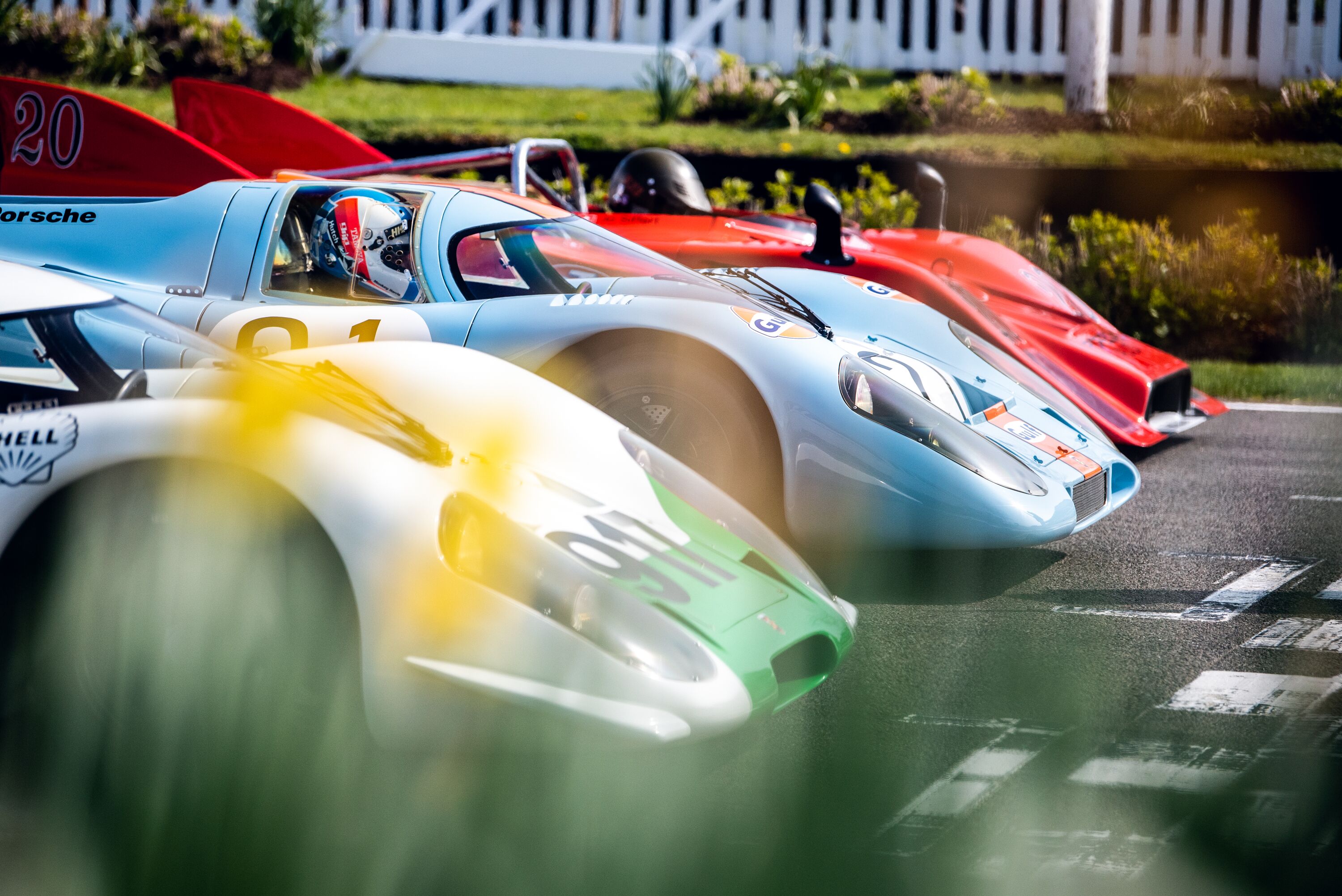The Alfetta should be remembered, but it might not be – Thank Frankel it’s Friday
 Andrew Frankel
Andrew Frankel
Earlier this week, enjoying one of the few pleasures left in life, I went out for an early evening run. The sun was low and directly in front of me, so when the car appeared at the end of the straight ahead I could only discern its outline. The shape looked familiar yet utterly unexpected at the same time, like suddenly chancing across an old friend you’ve not seen in decades. Could it possibly be? Yes it was. An Alfetta. I almost stumbled into the bushes in surprise.

The 1970s Alfetta is one of Alfa Romeo’s most sorely unsung heroes, almost all having crumbled to dust years ago. Of course as soon as I was home I went to the How Many Left website and discovered that in 2018 there were fewer than 20 Alfetta saloons either taxed or SORNed in the UK and the chances that any one of them might be wandering down a lane in the Wye Valley just as I was out for a trot seemed vanishingly small, but there it was. Certainly it’s not local because I’d know about it. These things are rare as can be: today you are approximately 15 times more likely to see a Morris Marina than an Alfetta saloon.
Yet throughout my childhood these cars were as much part of family life as my father’s 8-Track, my mother’s Kenwood Chef and my Space Hopper. We had a succession of them, powered by the 1.6-litre engine (single, round headlights), the 1.8-litre motor (twin round lamps) and finally the 2.0-litre lump with its single rectangular lights.

These were cars with glorious twin cam engines, five-speed transmissions, disc brakes at all corners, double wishbones up front and a gearbox located in the middle of the rear axle to even up the weight distribution. In 1977 the most expensive Alfetta you could buy cost £4,199, while the cheapest BMW 5 Series was 20 per cent more expensive, far less powerful and knew none of such desirable refinements. No wonder that Car magazine in its famed ‘The Good, The Bad and The Ugly’ listing summed up the Alfetta simply as ‘An all-time great.’
Sadly I was too young to drive them, but my father used to rave about their performance and handling and I remember how hard I had to cling on unbelted on the back seat while he put them through their paces. Not that I minded in the least.

But it all went wrong. After we had been packed off the school he realised he didn’t need a family four seater as his daily driver and promptly did what probably seemed like the only sensible thing in the circumstances and part exchanged the last Alfetta for a GTV coupe. And despite the fact it was essentially the same car in eveningwear, he absolutely hated it. I never found out why, but he gave it a very uncharitable name I absolutely won’t be repeating here and got rid of it as soon as he could. My strong suspicion is someone made an oblique remark about middle aged men buying sporting Italian cars that looked better than they drove, and that was that.
The car was almost certainly unfairly dismissed and, in truth, shouldn’t have been hired in the first place. If he’d waited just a couple of years and got himself a GTV6 with its superb 2.5-litre V6 motor I think he’d have silenced his critics in an instant.
And ever since I saw that Alfetta this week, I’ve been thinking not just of them, but all those other cars that sat on the same platform with its De Dion rear suspension – the GTVs, the Giuliettas, the 75s and even the SZ and RZ. People recall so fondly the 750 and 105-series car of the 1960s, like the first Giulietta, the Giulia, the Sprint GT, Junior, GTA and so on, that the transaxle cars of the 1970s and ‘80s are rather stuck in their shadow. But I would contend that, relative to the opposition, the best of the Alfetta-series cars were at least as good in their time as were the Giulia-based cars before. It would be great to see them step back into the limelight – but sadly I fear there are now too few remaining for that ever to become a realistic possibility.
Alfa Romeo
Alfetta
Giulia
Thank Frankel it's Friday





